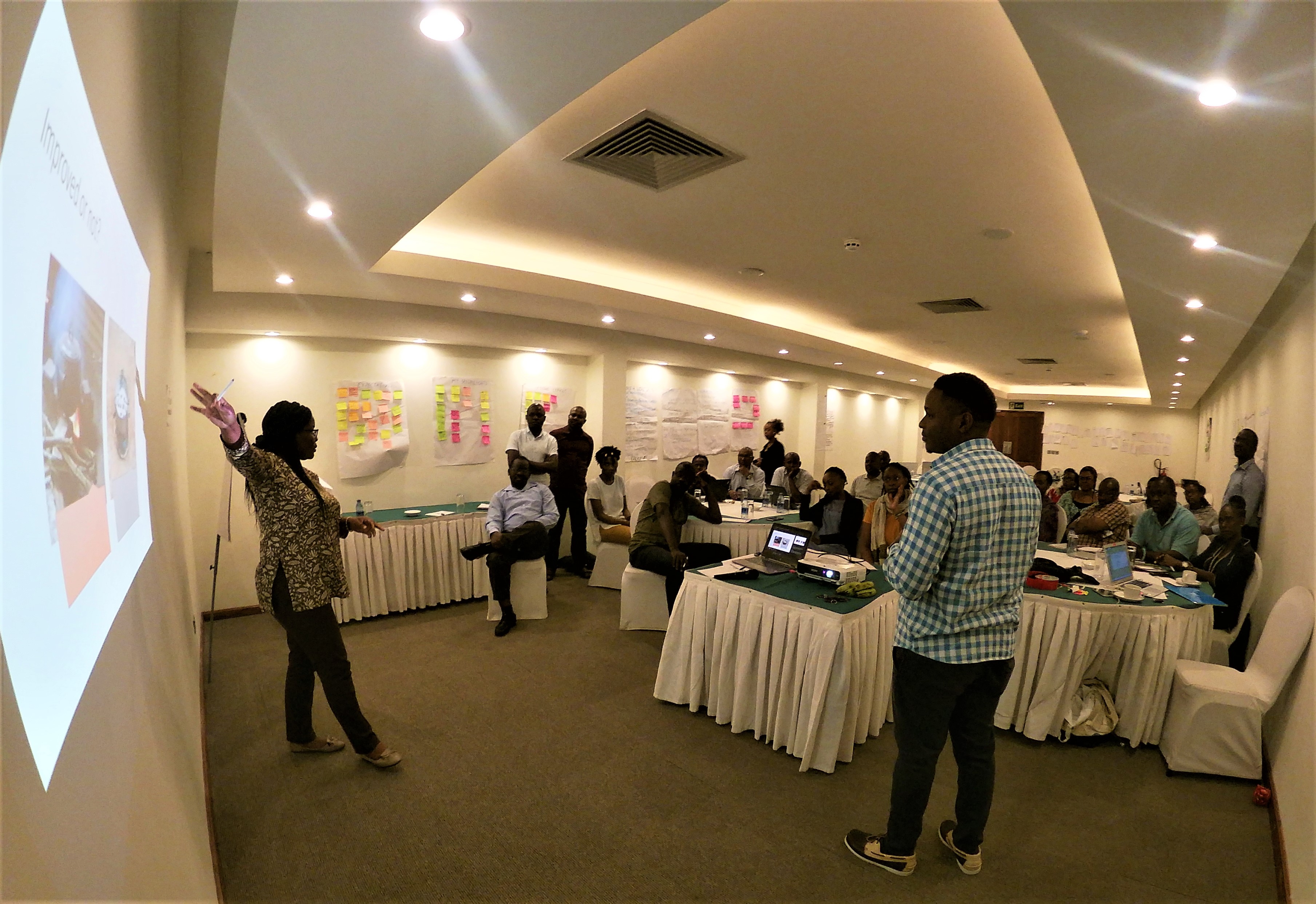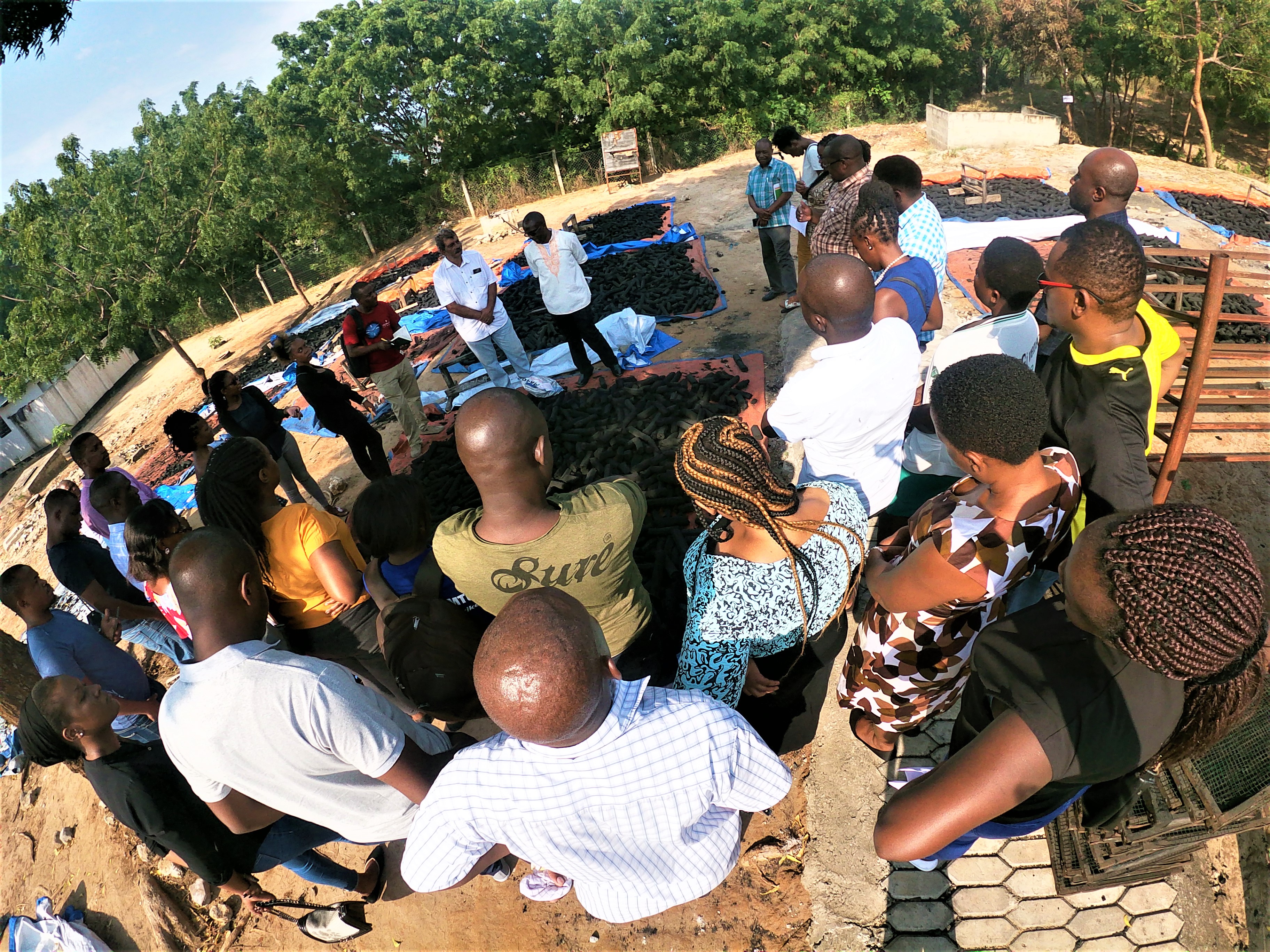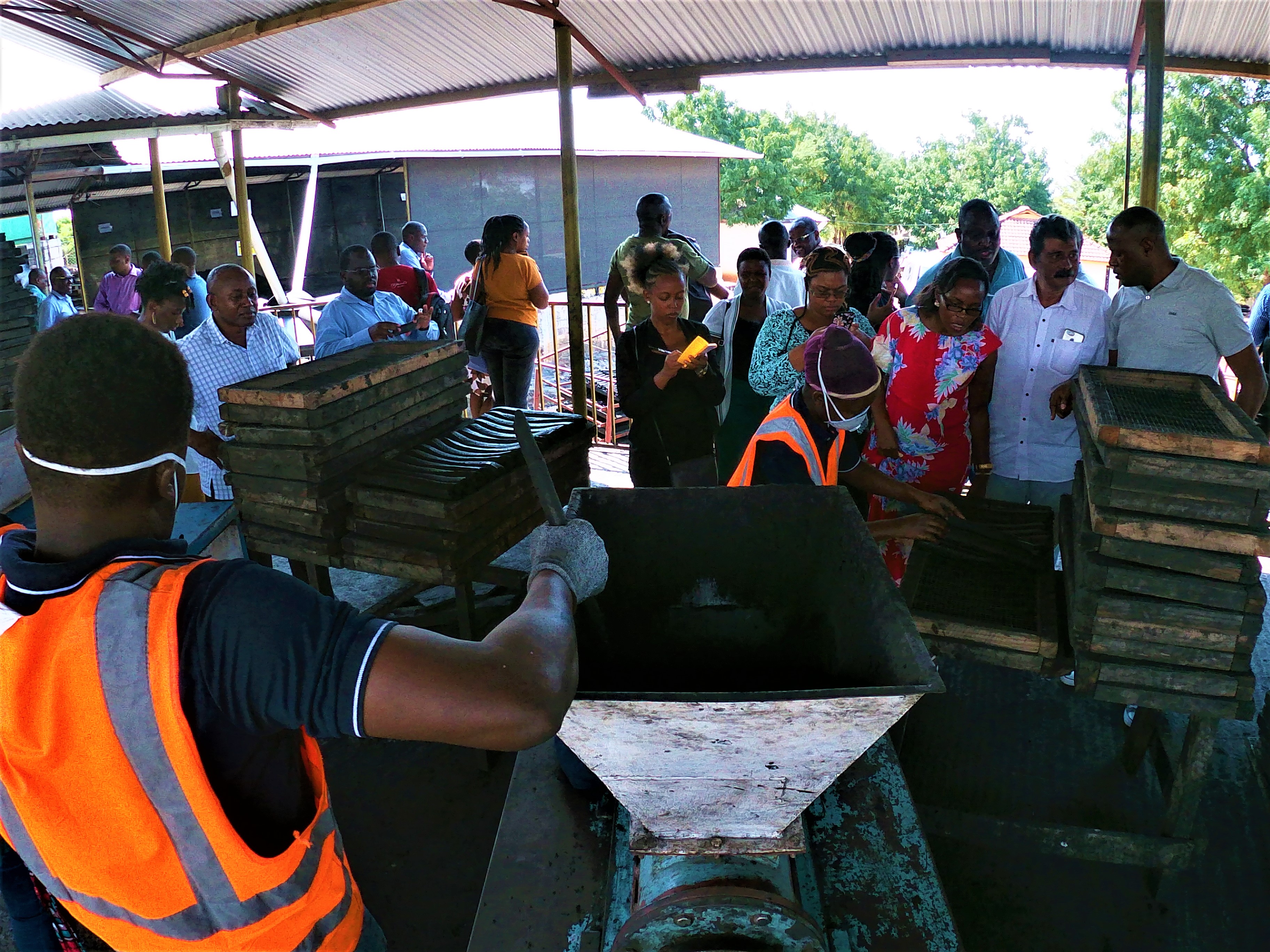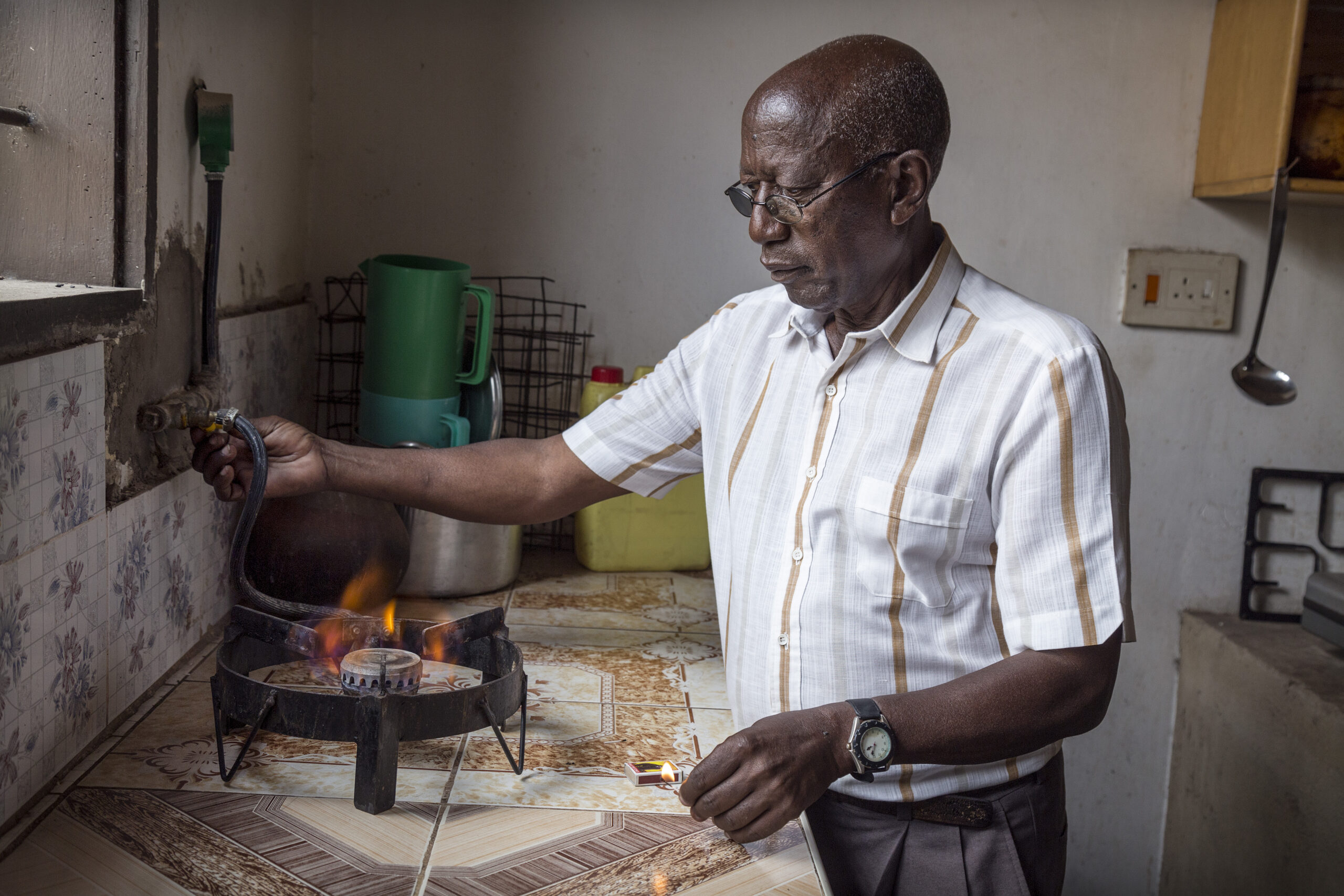The Green and Inclusive Energy (GIE) regional meeting in Dar es Salaam was a blast; literally and figuratively. The convening brought together Hivos East Africa GIE partners in a three day program of sharing, learning and networking. It may be difficult to describe what stood out for me –ranging from the partner stories; media engagement; Decentralised Renewable Energy (DRE) financing mechanisms; social media tips or the visit to ARTI Energy and Charcoal Briquettes factory. This write-up primarily summarises some of my notable learnings, not to forget the ambience, serenity and brain spark experienced during the three day session.

Linking and learning with partners
Day one allowed partners to share highlights, challenges and lessons learnt while implementing their activities over the past six months. It was interesting to learn that during this period, commendable advocacy work had been done by FORUMCC who were able to organize a stakeholders learning alliance on ‘decentralised renewable energy promotion for climate smart economies’ during the 43rd Dar es Salaam international trade fair. They also got related advocacy articles published by a few of the major print media houses in Tanzania. In Kenya, progress had been made by the County Governments of Homabay and Bomet who have been working with GIE partner CUTS International to create demand for renewable energy technologies within the counties. In Kajiado County, Hivos East Africa has signed an MoU with the County Government which will pave way for more collaborative work including; contextual research on household energy use and policy environment. In terms of challenges, partners expressed difficulties in integrating the private sector within their work and requested for assistance to build their technical capacity along these lines. Partners also felt a shortcoming in media engagement and appreciated Nukta Africa, also a partner in the GIE program that facilitated a media engagement session. The session allowed us to understand the newsroom process and how best to pitch stories.

The second day, we got to learn more on understanding of available financing models for DRE. I found it absolutely intriguing especially because in many ways, I pride myself as being quite informed about the renewable energy spectrum but realised that there is a lot more to be learnt. In particular, I appreciated the role of revolving funds and concessional debts within the frontier markets context. Revolving funds avail investment funds continuously obtained from energy costs savings. If well managed, such funds can guarantee sustainability in the financing of DRE projects. Concessional debts allow renewable energy developers to access loan facilities at relatively lower interest rates as compared to conventional loans normally provided by banks or micro finance institutions. Participants were later in the day split into groups to practice the use of social media platforms for advocacy purposes with a bias on driving renewable energy discourses via twitter.
‘Sensing’ journeys
The third day dubbed the ‘clean cooking energy day’ saw GIE partners CCAK and TANGSEN take us through a relaxed yet educative discussion around clean cooking technology options and the market trends. Participants had a chance to debate on consumer preferences and cultural/behavioural influence in their choice of cooking options. A random question on which technologies participants used showed that a majority of men did not actually know (or were less concerned) about the cookstove(s) option used in their homes! For me, this reiterated the fact that many a time, women are the most exposed and ultimately more prone to the hazardous effects of indoor pollution caused by biomass. The debate also affirmed that while people have the knowledge on what is clean cooking versus improved cooking technologies, their choices run beyond knowledge of the market developments.

Day three culminated with a visit to ARTI Energy and Charcoal Briquettes factory within Dar es Salaam. We gained in-depth understanding of the production process right from the raw materials collection, sorting, grinding, binding, mixing, production and eventually drying. While running such a business has its own challenges, for example – the difficulty to break-even as you aim to scale up, I was impressed by the passion that drives the company to improve their product quality, increase daily production output and establish a reliable clientele within Tanzania. Notable was the fact that all the machines used on site (at least for those that I saw) are low-power driven. This implies that besides striving to reduce its operational costs, energy efficiency is at the core of ARTI’s business.
The GIE field trip concluded with a parting-shot by ARTI Energy founder, Nichkit Potnis, who emphasized the need to transform waste to energy because ‘trash is money’.




